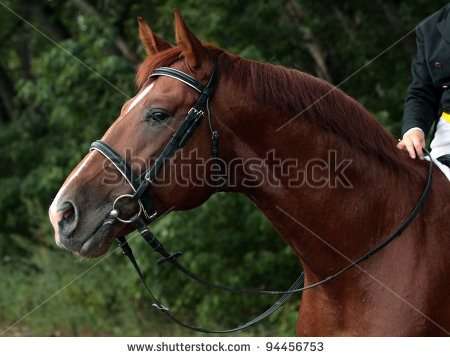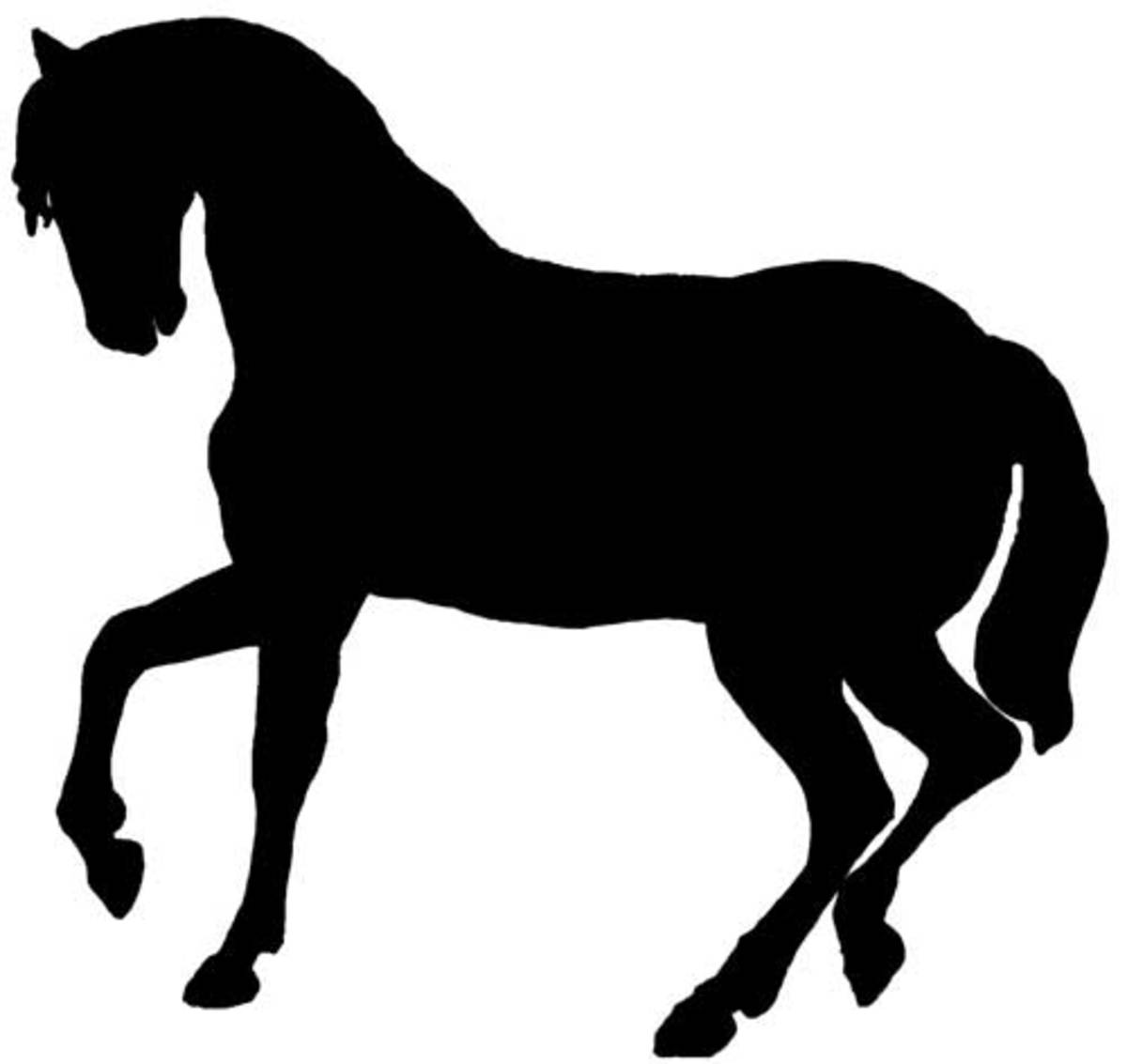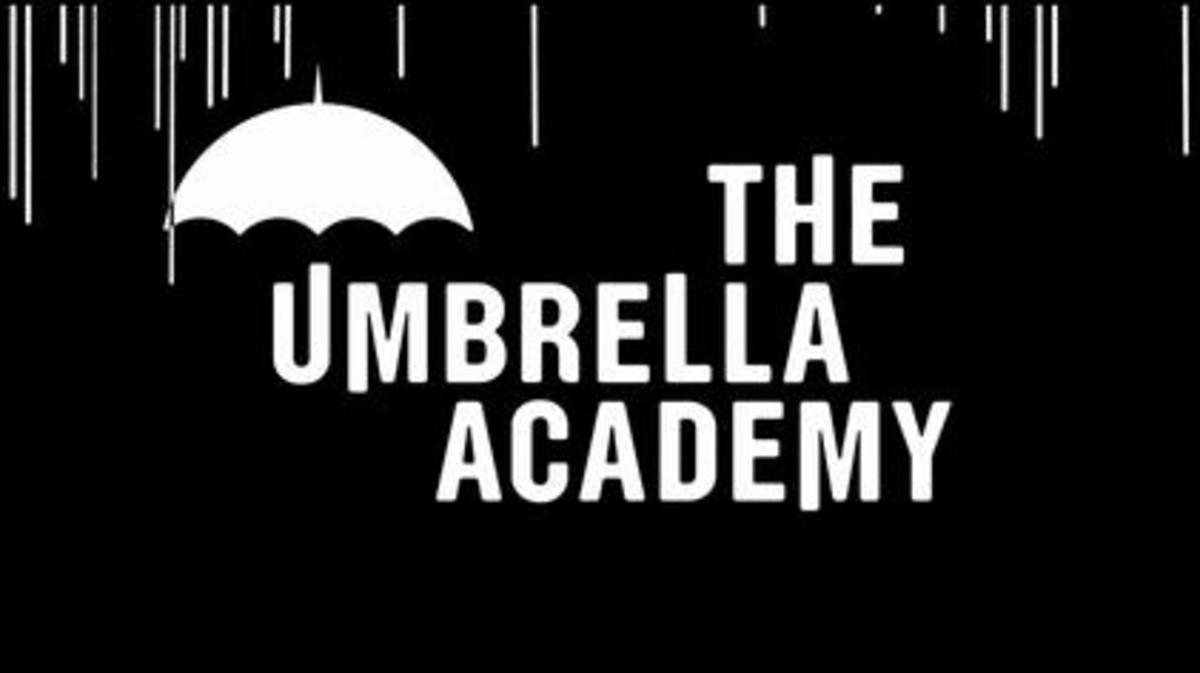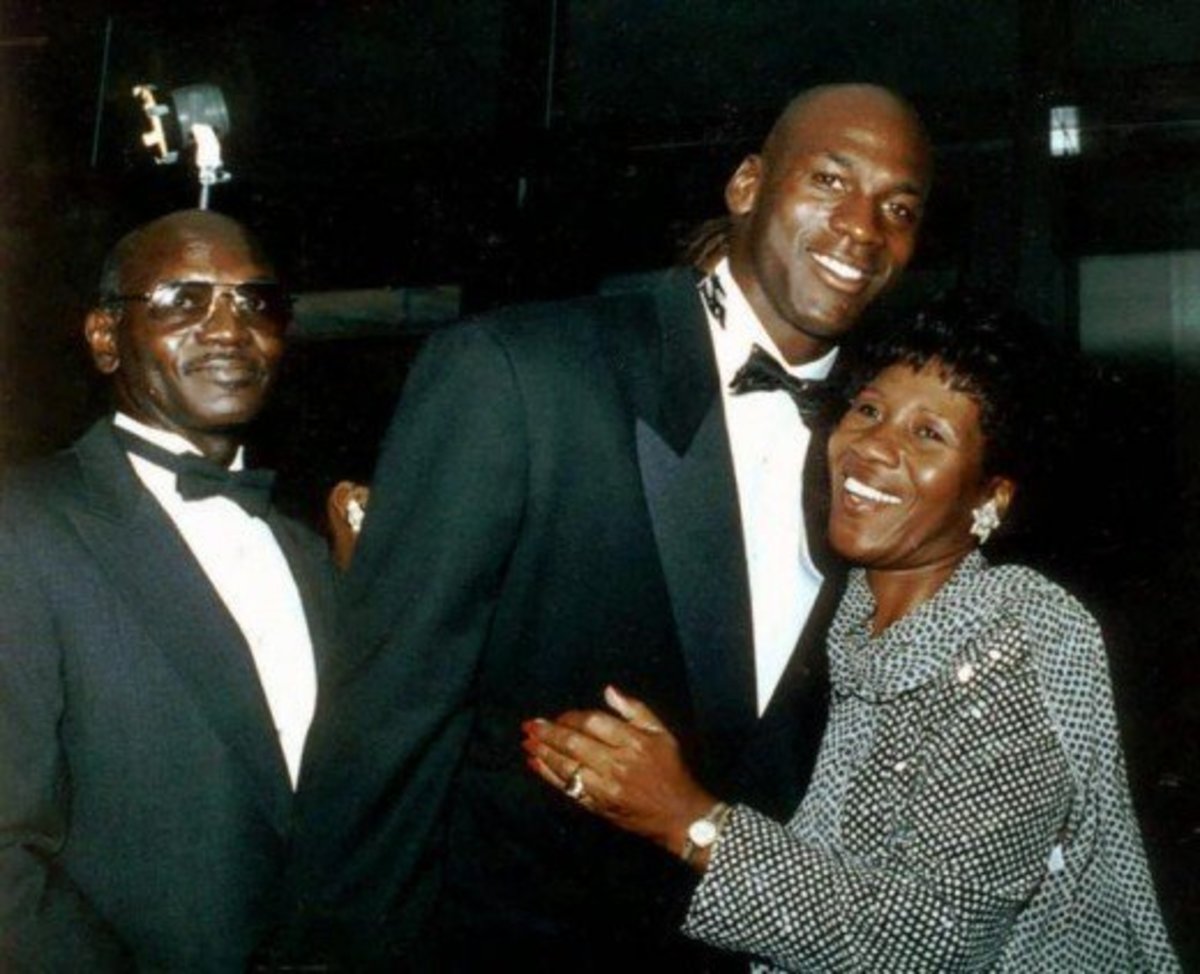Having More Fun With Your Horse: The Surprise of The Seven Deadly Sins of Dressage

How To Overcome Human Nature and Become a More Just, Generous Riding Partner For Your Horse
Authors: Douglas Peterbaugh with Lance Wills. Douglas Peterbaugh is a USDF Silver Medalist with many years of training and coaching experience. The co-author, Lance Wills, is an award winning author and photographer.
Publisher: Trafalgar Square Books 2012. Hard cover; $29.95US. Lots of color photographs that do not overwhelm the text. This is one of those books that is physically beautiful and substantial, although not unduly large, and is by no means of the "coffee table" variety.
Author Peterbaugh's Purpose: The author's purpose is to aid the rider in identifying the rider's mental states while riding. It is those mental states that do or can contribute to undercutting what should be the joy of the experience and the creation and sustaining of a fulfilling horse/rider relationship.
Discussion: Don't let the title put you off, or the titles of the chapters: Ignorance, Timidity, Pride, Fear, Impatience and Immoderation. Here, the emphasis is not entirely on technique, although there is plenty of that, but mainly on the degree to which self-knowledge and knowledge of the nature of the horse can produce what should be the enjoyment of the riding experience.
Although if you are not dessage trained you may feel some parts are over your head, the parts of each chapter aimed at self-analysis through identification of personal emotional states could be invaluable. For example, Chapter 5, Impatience, describes some of the signs of impatience as feeling frustrated more than occasionally, feeling like you are in a slump, and the like. These signs may result from the fact that you misjudge your own riding ability, or you misjudge your horse's ability. Other factors as well may produce impatience. Impatience, thus, is one of the "deadly sins" that reduces the ability to enjoy your relationship with your horse, or to even develop one. Identifying impatience as a problem with your mental and emotional state, therefore, can lead to correction of the imbalance and a discovery of or return to enjoyment of riding, as well as an increase in skill.
If you have never had the life-altering feeling of being on the same team as your horse no matter how hard you try, Mr. Peterbaugh's exposition should help. However, being on the "same team" does not just mean that you can get the horse to do whatever you want. There are plenty of books that can give you that. Mr. Peterbaugh addresses not only the professional, but also: those who are competent enough riders, but feel that there is something missing from the enjoyment of riding; those who have no desire to be an expert, no desire to enter the show ring, but just want to have a better level of technical competency while not losing the fun; and even those never have and never will take a riding lesson, much less a dessage lesson, whether because of finances or other wise, who desire more comfort with their mount.
Rating: The writing style is reportorial/conversational, clear and understandable. The author achieves his purpose, although it can be difficult to write about matters of "feel." I am hardly of the same caliber as the author as a rider or coach, but found the book elucidating. I recommend it to riders of every type and level.








